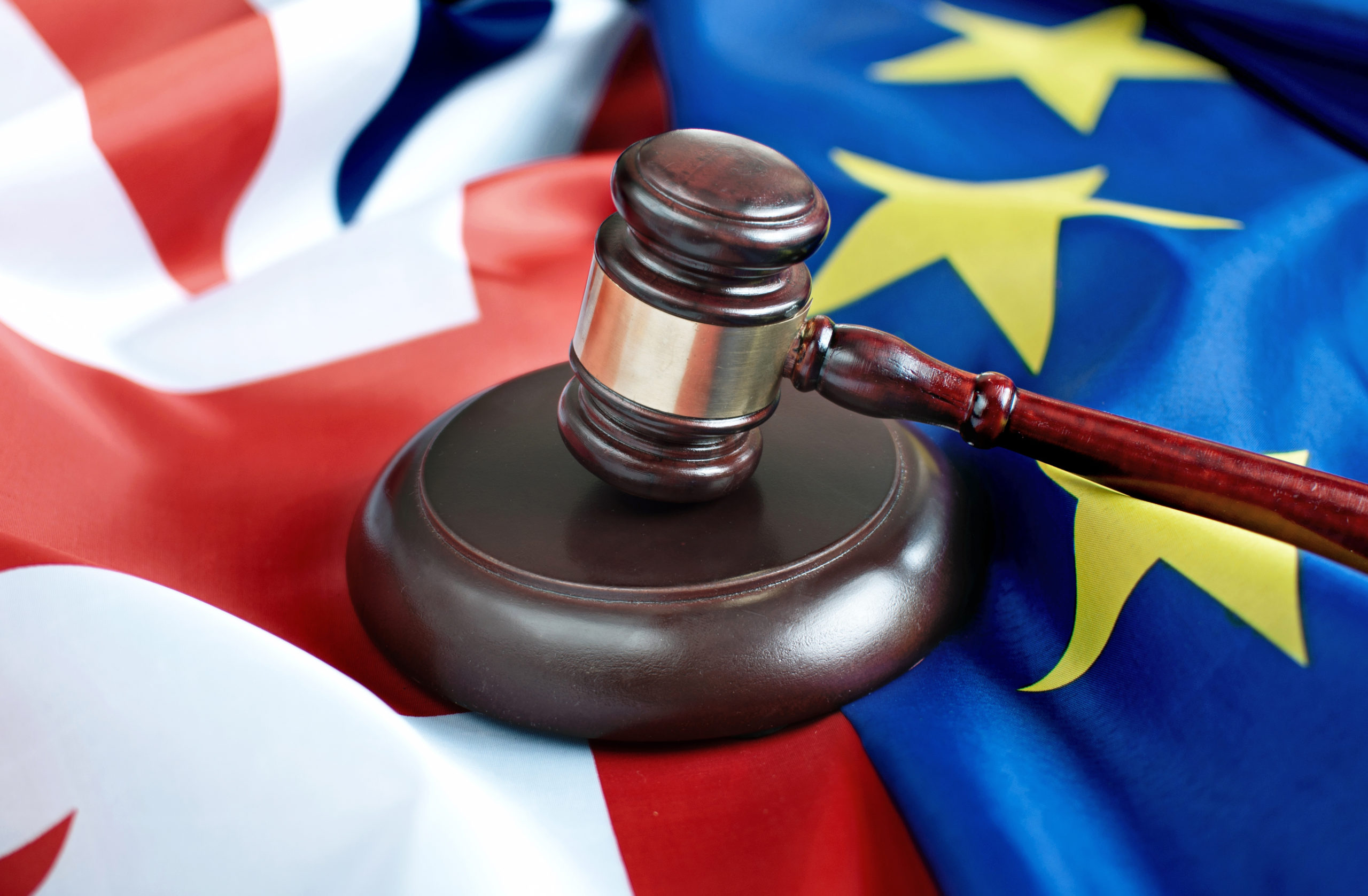Following the referendum which took place in June 2016, the United Kingdom withdrew from the European Union. The UK’s departure has had a profound impact on cross-border trade in numerous ways. One aspect which has received less media attention, yet has had significant implications, is the changes to the law regarding parallel imports and exhaustion of rights. These changes have affected both domestic owners and exclusive licensees of intellectual property (IP) rights alike.
What are parallel imports and exhaustion of rights?
Parallel trade is the import and export of genuine IP protected goods. Parallel trade occurs when the IP rights in those goods are ‘exhausted’. That is, they have been placed on the market within a specific territory by, or with the permission of, the rights holder. The exhaustion of IP rights means that they cannot be used to stop the further distribution or resale of those goods. The result is that ownership of a registered trade mark in the UK cannot by itself stop the sale of genuine goods bearing that trade mark, into the UK from the European Economic Area (EEA). Problems can arise if the territory into which the goods are imported is meant to be the exclusive sales territory of a specific licensor and not the importer.
How has Brexit impacted this?
Prior to 2020, any goods which had IP protection and were sold legally in the UK could be freely imported and exported to any other EEA country under the exhaustion of rights rules and subject to any contractual obligations set by the owner of the IP. However, the legal position regarding the export of IP-protected products has now become complicated.
Goods which are sold in the UK under IP protection now require permission to be exported to the EEA. This means that if you are a UK business which export branded goods into the EEA, you will require the permission from the owner of the IP protected goods to continue with the export. This is due to the IP rights relating to the respective goods no longer being automatically considered as exhausted in the EEA simply because they are already on the UK market. Thus, there is increased risk on businesses that an IP owner may refuse permission and prevent export.
This same rule does not apply for branded goods which are being exported into the UK. This occurs because IP rights in branded products distributed in a different EEA nation by, or with the authorisation of the IP rights owner in that nation, are considered exhausted in the United Kingdom. Consequently, these products can be imported and sold in the UK market without the need for permission from the UK intellectual property rights owner.
During 2021-22, the UK government conducted a review to tackle this legal inconsistency. However, it was determined that there were insufficient reasons to support altering the current approach, despite the implications for brand owners and exclusive distributors.
What can you do as a parallel exporter?
If you are currently exporting IP protected goods to the EEA, then, per official Government advice, you should:
- Check whether you export IP-protected goods to the EEA (for example, goods branded with a trade mark) have already been placed on the UK market.
- You may need to contact the rights holder to get permission to export those goods, but the IP rights holder may not provide permission for their IP-protected goods to be parallel exported to the EEA.
- You may need to review your contracts, business arrangements, business model or supply chain based on the outcome of the discussion with the IP rights holder.
What can you do as an IP rights holder?
If you own IP rights (for example, a trade mark), then you may wish to seek legal advice if your IP-protected goods are parallel exported from the UK to the EEA. You will need to consider if you want to allow parallel exports of your IP-protected goods from the UK to the EEA, and if so, ensure that you are appropriately licensing your IP.
The Commercial & IP Team at Berry Smith can provide specialist advice on the protection and use of IP, as well as general commercial and business advice. Please contact us if you would like more information about the issues raised in this article or any other aspect of Commercial law at 029 2034 5511 or commercial@berrysmith.com .
